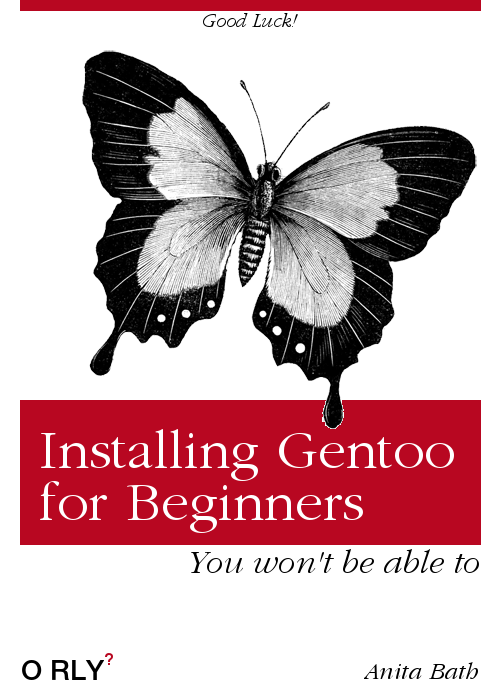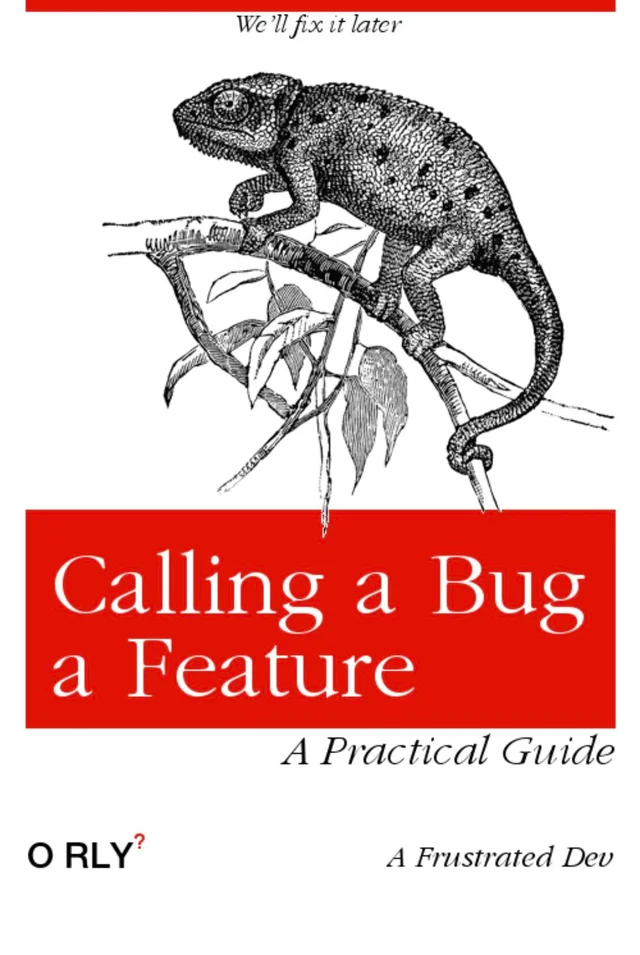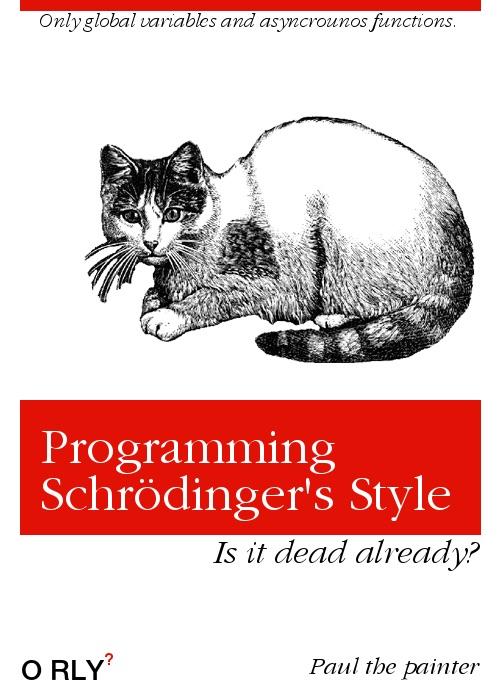Books

Remember when O’Reilly sold books?
Books
I know they still sell books, but try to find where. No really. You go to O’Reilly and try and find a book, just a single book. On that first page I find the word book once and it is a range reference implying that books are the low order item and conferences are the higher order. You can no longer buy books on the website. If you go to a lot of trouble you can find pages for the books they still sell. On those pages you are referred to buy on Amazon or join Safari.
What once was…
O’Reilly used to be the go to publishing company for books about programming and server technology. The company started with the definitive books on X-Windows and branched out to programming languages, tools and servers to name a few categories. We knew when their was an animal book (because O’Reilly used old engravings of animals on the covers) that we had excellent technical references. Many of us still have and refer to our old O’Reilly books on a regular basis.
We were so spoiled by the quality of these books that when they put out their first book on UML the community was shocked by it not being a sterling reference guide. The track record of O’Reilly books was so good everyone let it slide. I continued to buy and use the books as primary references, because they were often better than the actual primary references.
After a while the company started selling ebooks. I could now carry around my copies on my tablet. They went so far as to offer to sell both the paper and ebook together and let you download the ebook if you showed you had bought the print book. I now carry around many of these key reference texts on my Android and Remarkable tablets.
Then came the conference…

I can’t put my finger on the date exactly, but O’Reilly started to swing towards conferences. So much so that they try to position their website as if books has always been a sideline, no more than handouts for the conference almost. O’Reilly shut down the customer book library. If you hadn’t downloaded your copies, well you were out of luck.
O’Reilly went from a major publisher of DRM free books to now offering books only via subscription, paper or DRM kindle versions. I don’t know what happened, but it would seem that Tim O’Reilly decided that DRM wasn’t flawed.
This is about ownership…
You can now only own a copy of these books if you buy the print version. Granted, I bought a lot of paper books from them, but the ebook version had some real benefits. I can’t use Safari while I’m disconnected from the Internet (on a plane or at a customer site). Plus I really don’t want to be paying a subscription to access knowledge. I don’t care about most of the books in Safari. I want the ones I use to be at my fingertips, not behind a paywall.
Apparently the people at O’Reilly like the subscription model a lot. So much so they are trying to distance themselves from the books that made them great, unless there is a monthly payment involved.

They have gone a step further though. Now the company seems to think conferences and video are a superior way to learn a technology. I get a barrage of ads for sign up now, or only X days left until. Oh no, if I don’t attend how will I ever be able to use Y technology or program in Z language.
Let’s get something straight. No one ever learns a technology or language from going to a conference. At most you get the feeling you have learned something because of the group dynamic and the presenter’s enthusiasm and expertly picked examples. Maybe you’ve even typed them in to your laptop and hit the magic key mouse combo to see it work.
Two days later most people have forgotten most of the details and are scrambling to find references on hand outs, scrawled notes, web pages or BOOKS! Conference learning is mostly excitement with a light sprinkling of new tidbits of knowledge. I think the conferences are important for the exchange of ideas among practitioners, but they are not a replacement for books in any form.
The videos aren’t much better. That content can range from someone droning on about the bullets points they put in slides to a magical presenter that enchants us until we actually try to do some of it. I once heard people raving about an online video course on a subject I was interested in. Looking into the content, it was someone that I had known that didn’t understand the fundamentals of what he was presenting. I doubt the viewers were magically getting the deeper concepts.
O’Reilly has taken their reputation of being a gateway to advanced topics and turned it into a subscription model that doesn’t promote long term learning or independent understanding. It’s almost like they are selling salty snacks hoping you will buy their drinks. That’s a long way from the books that were more like a garden and fishing rod. I know what I would be more proud of.
The good news is that others followed the old model
There are publishing companies that have followed the old O’Reilly model and seem to be doing well.
Manning
Manning offers a wide range of books on technical topics and gives you the option to buy the paper or ebook, and if you buy the paper they throw the ebook in. They provide the ebooks in PDF, ePub and Kindle so you can use it in just about any device you read on. Their content has improved over time and is now on par with what I expect from a technical book company.
The Pragmatic Bookshelf
The Pragmatic Bookshelf has been a good source of content for me on topics that may not be popular yet. Based on what I’ve bought from them I tend to trust their books when they come up in searches. They offer the books in PDF, ePub and Mobi. You can download the content from their site at any time, and they will even put it in a dropbox account for you.
No Starch Press
No starch press has tended towards practical or starting texts, but all of the ones I’ve seen have been good starting places. They have offered a number of books that are essentially sets of web pages strung together and polished into books. Learn You Some Erlang for Great Good! is an example where they did just that. It’s a decent book that is more approachable than O’Reilly’s Erlang Programming (if you can find it without being sucked into a recurring charge).
I’m sure there are others and I hope you can find something that works for you. In the mean time don’t be fooled by the movement to conference style learning. It’s a fad and will fade once people need to build a more solid foundation.